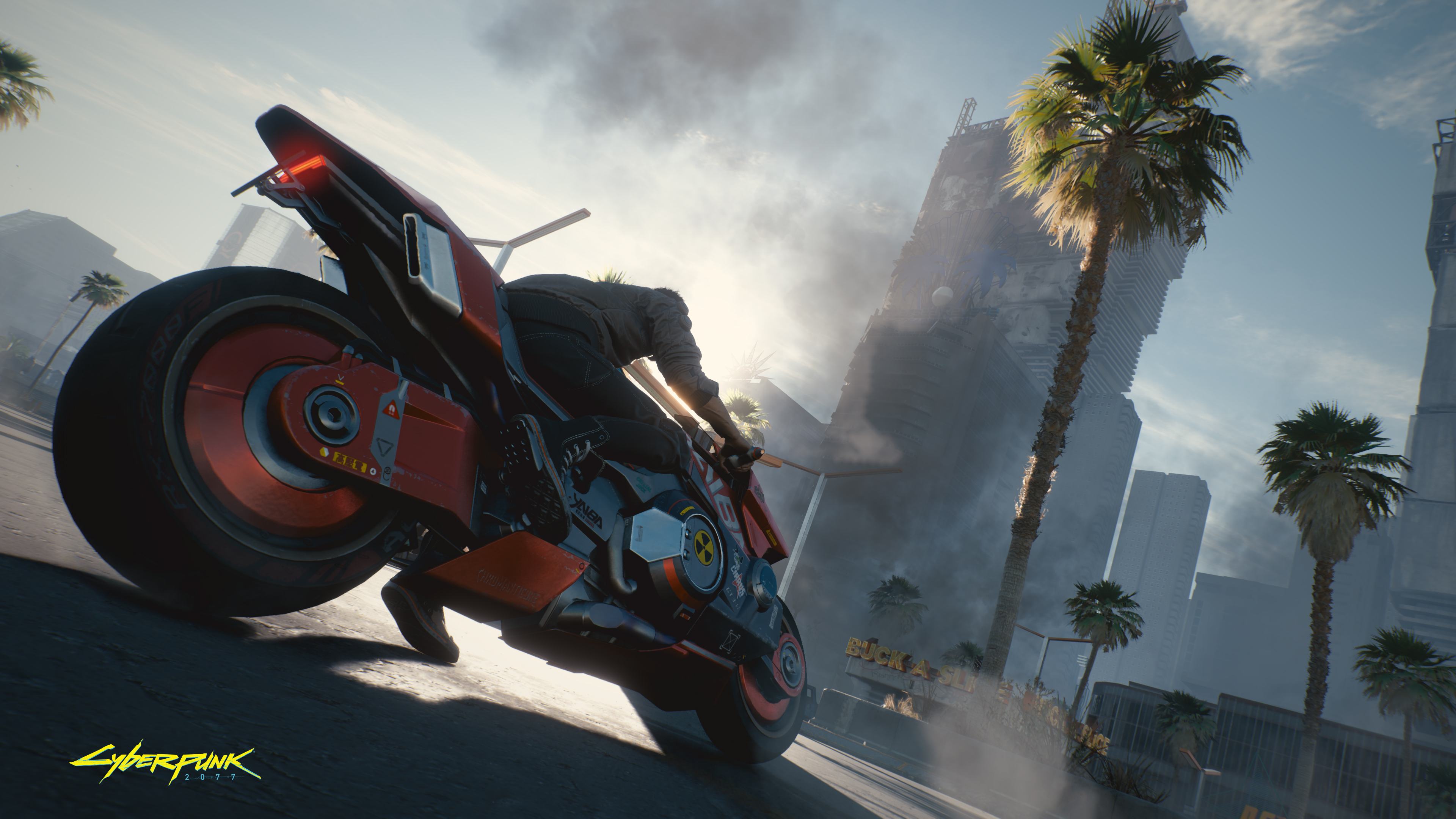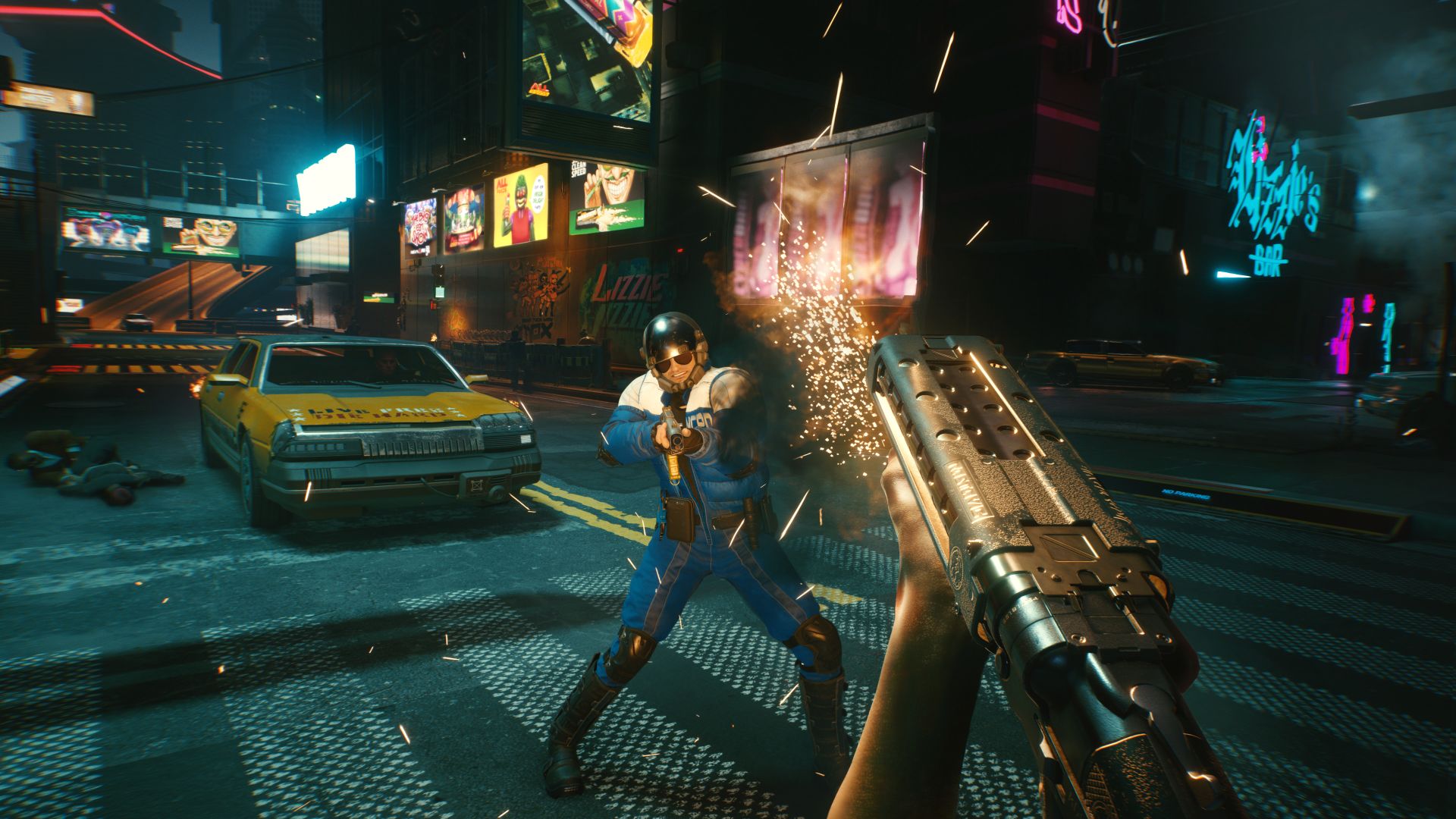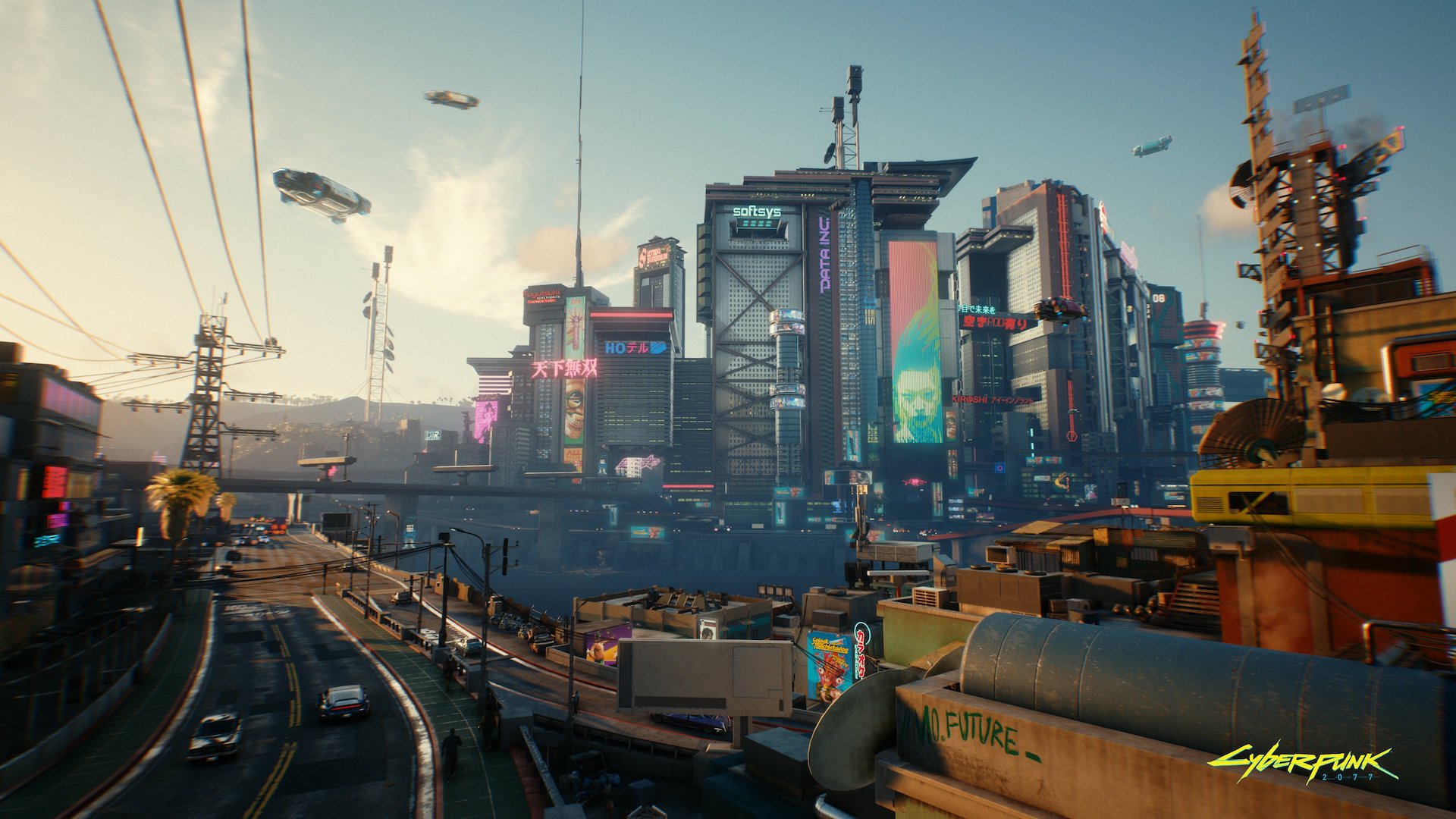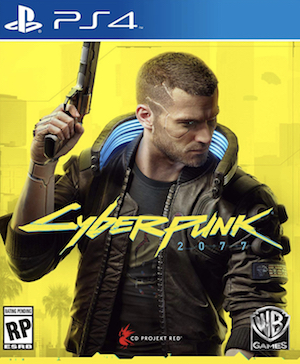
After a disastrous launch – probably one of the most controversial we’ve seen for a game in a long, long time – it seems like Cyberpunk 2077 has not only found some much-needed stability, but actual, honest-to-goodness success. After multiple patches – several of which have been eye-wateringly massive – over nearly a couple of years, recent months have seen CD Projekt RED’s open world RPG climb back up out of the pit it threw itself in. The last couple of weeks have seen that resurgence hit something of a fever pitch, with Cyberpunk 2077 having been played by over a million players each day.
Now, comeback stories aren’t exactly a rarity for video games these days, at a time when all too often, we seen games launching in less-than-optimal condition, only to make improvements and additions over time until they can finally get to a point where they receive genuine and warranted praise from an expanding player base. From Destiny and No Man’s Sky to Fallout 76 and Sea of Thieves, from Star Wars Battlefront 2 and Rainbow Six Siege to The Division and so much more, we’ve seen numerous examples of that over the last decade or so.
Many have suggested of late that Cyberpunk 2077 now belongs on that list as well- but not only does that seem premature, it’s a sentiment that also seems to have forgotten just why the storm that was stirred up around the game when it launched was stirred up in the first place. Yes, the fact that it was a buggy, broken mess (especially on old-gen consoles) was a big reason for that, and that’s a crack that CD Projekt RED has, by and large, filled in successfully by now. But that was only half the reason- the other half was the fact that Cyberpunk 2077 massively underdelivered on the lofty promises that it made pre-launch- and even with all of its fixes and improvements, it still falls short of those promises.
I’m all for giving credit where credit is due though. I’m not here to tell you what you should or shouldn’t enjoy, I’m not here to rain on Cyberpunk’s parade, and to say that CD Projekt RED has put in no real work on the game would be very inaccurate, and very unfair. So let’s talk about those fixes and improvements first, because there are more than a few.
After a disastrous launch that slashed a huge chunk off of CD Projekt’s value, sent the company’s reputation and goodwill tumbling downhill, and even dragged it into a bevy of legal battles, for several months, Cyberpunk 2077 was focused on fixing the most fundamental issues with the games. The constant crashes and freezes, the horrible frame rate, the ridiculously bad AI, the hilariously brazen glitches, the long load times, the major pop-in issues, the works- with its first few post-launch patches, Cyberpunk 2077 was looking to do nothing more than making that it was in a state that it should have been at launch- or hell, even several weeks before launch.
Following that, with its last couple of patches, CD Projekt RED has grown more ambitious with what it adds to the game. Update 1.5 arrived earlier this year, and it was a big one. It brought native versions of the game to current-gen platforms, it added features that players had been demanding forever (like being able to rent apartments, for instance), and of course, it made a multitude of improvements on the gameplay front, to the driving, the AI, the combat, the NPCs, the progression mechanics, the UI, and much more. More recently, Update 1.6 arrived, and though it wasn’t quite as massive in scope as its predecessor, it wasn’t insignificant by any means. It added new content inspired by the Netflix anime, Cyberpunk: Edgerunners, it added new side missions and minigames, it added cross-progression and a transmog system (finally), and again, it continued sanding out the base experience’s rough edges.
You’d have to have unreasonably high expectations to say that CD Projekt RED hasn’t done a solid enough job with all of the aforementioned state. In its current state, Cyberpunk 2077 looks great, runs well, and in terms of design, gameplay mechanics, and content, is a fun, decent game. Given where it started out when it launched in December 2020, that’s not exactly a small achievement- especially when you consider the fact that all too often, developers and publishers are all too happy to cut their losses and dump a failed product when they’ve suffered a bad launch (just look at Anthem, as an example).
So yes, CD Projekt RED absolutely deserves credit for not abandoning Cyberpunk 2077 and for making sure that it got to where it is right now. One could argue that not putting in the work they did would have been even worse for the company and would have done their already severely damaged reputation no favours (and probably may have had short- and long-term financial consequences)- but the reasons are what they are. The fact of the matter remains, they committed to fixing Cyberpunk 2077, and they succeeded in making sure that it becomes, at the very least, a fun game that’s, you know, playable and not completely broken. Nothing will take away from that.
With that out of the way, with credit having been given where it is due, let’s turn back the clock to before the game launched. CD Projekt RED hyped Cyberpunk 2077 to hell and back- it was going to be The Next Big Thing, a major step forward for games, for storytelling and interactivity and immersion in the medium, to the extent that it would even eclipse the achievements of their stellar 2015 title, The Witcher 3. Quite often in cases like these, the hype surrounding a game isn’t the developer or publisher’s fault and can be attributed to overexcited fans, but in the case of Cyberpunk 2077, CD Projekt very much played into that hype knowingly- literally for years on end. And that was what millions paid for when they bought the game- that was what many thought they were going to expect, because why wouldn’t they? That was what CD Projekt RED promised.
Cyberpunk 2077 has made huge leaps over what it was when it first released, there’s no denying that- but even now, even in its current state, it’s not even close to being the game that the management and leadership of CD Projekt promised for so long that it would be. They crunched, they overworked their employees, they made lofty promises that they were well aware they had no chances of keeping, and they massively underdelivered. And even now, though Cyberpunk 2077 as it exists right now is a game that fans of the genre are sure to have a fun time with, it’s a far cry from what it was supposed to be.
So does CD Projekt RED deserve credit for sticking with a disastrously broken game and bringing it to a place where it’s actually an enjoyable experience? A hundred percent it does. You’d be insane to disagree. But does the company deserve credit for having turned the ship around and made good on its initial promises? Not so much. To do that, you need to have a trajectory that’s similar to something like No Man’s Sky- another game that massively underdelivered at launch, but thanks to years of support, is now miles better even than the revolutionary experience that Sean Murray and Hello Games promised all those years ago. Or Rainbow Six Siege. Or Sea of Thieves. Cyberpunk 2077 is not there yet. Not even close.
Again, this isn’t about raining on anyone’s parade- it’s about not forgetting the context surrounding the game’s launch, because after all, it’s exactly because of the many times that similar failures have either been forgotten or forgiven with games in the past that more failures continue to happen. If developers know that they can put out a bad product, only to eventually bring it up to an acceptable level of quality and then be lauded for it, what reason will they or others have to not keep making the same mistakes?
I will say, however, that I am optimistic about Cyberpunk 2077’s future, primarily because of its upcoming expansion, Phantom Liberty. My hope is that CD Projekt RED has learned its lessons and is trying its darndest not to repeat the mistakes it made with the best game- which should apply to what content they’re developing for the DLC, how they’re going about developing it, and how they choose to market it. There’s also the fact that Phantom Liberty is not going to launch for PS4 and Xbox One- and being severely constrained by the underpowered and outdated hardware of previous-gen consoles was partly why Cyberpunk 2077 had the issues it did. Who knows, maybe Phantom Liberty will be able to deliver the sort of experience that we were hoping the base experience would be.
Note: The views expressed in this article are those of the author and do not necessarily represent the views of, and should not be attributed to, GamingBolt as an organization.


















